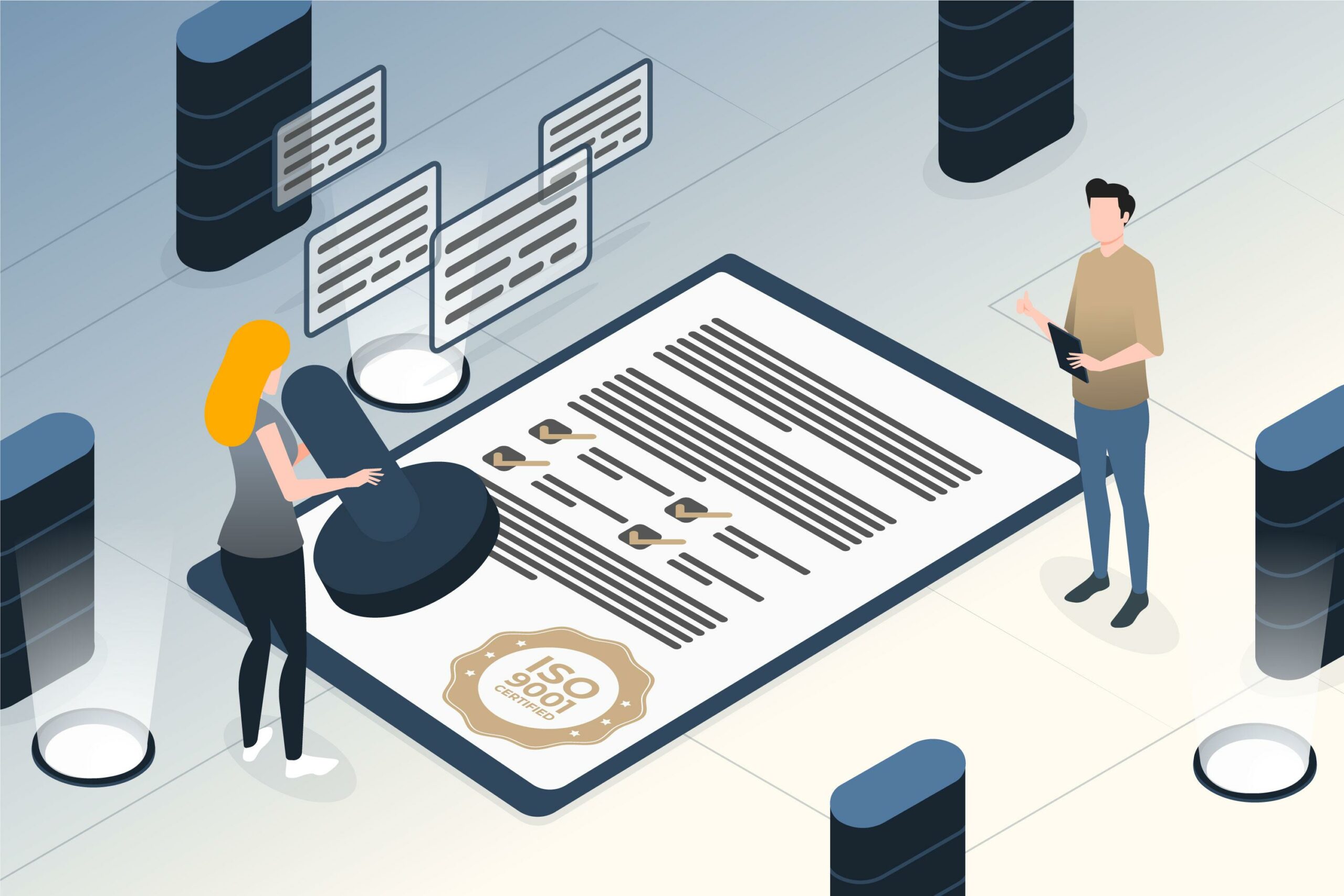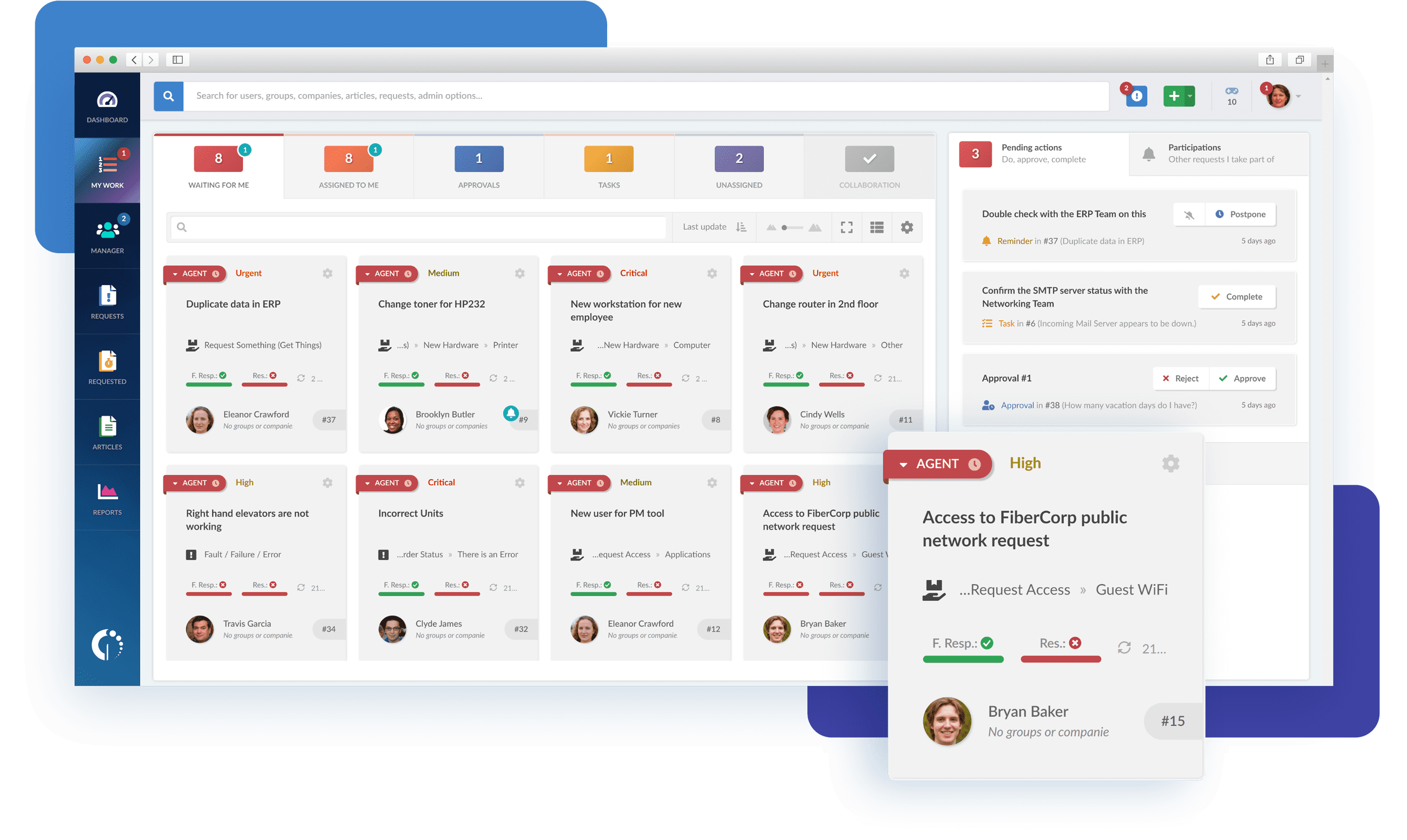
Certainly, obtaining the ITIL Foundation certification is a significant accomplishment in the field of IT service management. After completing the necessary preparation and passing the exam, you have two main paths to consider:
- Applying the newly acquired ITIL knowledge in your work environment, even if it’s remote for many, is important.
- Continuing with ITIL education.
Before applying your ITIL 4 Foundation certification in your organization, it’s essential to reflect on the key learnings from the related study. These may include:
- An introduction to what ITSM is.
- ITIL 4 includes the service value system, four dimensions of service management, and the service value chain.
- The ITIL 4 service value system comprises essential elements such as the guiding principles, governance, continual improvement, and management practices.
- The ITIL 4 service value chain is utilized to provide value to customers through its various interconnected activities and processes.
- The ITIL 4 framework encompasses 34 management practices categorized into general management practices, service management practices, and technical management practices.
The comprehensive ITIL 4 Foundation syllabus offers a wealth of knowledge that can be leveraged to enhance the operations within your IT organization. If needed, there are study materials and online resources available to revisit the concepts and deepen your understanding.
Some ITIL Quick Wins Post-Certification
The ability of a newly ITIL 4 certified individual to drive positive changes within their organization post-training will depend on various factors, such as:
- The company’s previous investments in ITIL training and practices
- Their seniority in the IT organization
- Their role in the IT organization
- Available resources, including improvement budgets
- The company culture and improvement posture.
Let’s consider the scenario where the newly ITIL 4 certified individual holds the role of an IT service desk manager in an organization that has not previously invested in ITIL. This context will allow us to focus on specific recommendations and practical applications of their ITIL 4 knowledge within this particular setting.
It’s important to maintain a realistic perspective about the potential impact of individual efforts within an organization that has adhered to the same technological approach for an extended period. Phrases such as “Don’t try to boil the ocean” and “Remember, Rome wasn’t built in a day” are particularly relevant in this context.
For an IT service desk manager looking to leverage their newly acquired ITIL knowledge, there are three potential quick-win opportunities to consider.
#1: Continual Improvement
Starting with the concept of continual improvement is a prudent approach, especially for an IT service desk manager. Implementing a continual improvement register to log and monitor identified improvements can be a foundational step. This not only offers insights into potential enhancements but also fosters a culture of ongoing improvement within the organization.
#2: Improve Incident Management
The terminology used within the organization might differ, but the focus should be on establishing a more consistent and efficient incident management process. Enhancing incident, issue, or ticket management can streamline IT support mechanics, leading to reduced handling time and mean time to resolve (MTTR).
Ultimately, this can minimize downtime and boost customer satisfaction scores. Commencing with small process-based enhancements and aligning with ITIL guiding principles, such as “focus on value” and “optimize and automate,” can facilitate this transition.
#3: Implement Problem Management
If your organization is new to ITIL, the concept of problem management might be unfamiliar, and you might encounter terminology conflicts. Nonetheless, starting with small, focused steps is beneficial when implementing problem management.
Begin by using incident trends to identify the primary issues affecting the organization monthly. These early achievements can pave the way for expanded problem management efforts and funding.
Ultimately, this approach can lead to the establishment of a formal problem management capability, enabling proactive identification and resolution of the root causes of recurring incidents, thus enhancing the stability and reliability of IT services.
What’s next after achieving your ITIL Certification?
These initial areas for quick wins serve as a starting point. Additionally, implementing service level targets for the IT service desk and enhancing knowledge management could be considered as the next steps. It’s important to prioritize these potential improvements and concentrate on ensuring the success of ongoing enhancements to instill confidence in ITIL best practices.
While these suggestions are based on ITIL practices, the primary focus should remain on implementing changes that will have the most significant impact on the organization and its employees, considering the constraints of available resources.
It’s essential to not only focus on capability introduction or improvement but also to leverage the results of ITIL-based changes to advocate for ITIL within the organization. If there’s a training budget available, consider encouraging others to receive ITIL training. Otherwise, explore opportunities to share your ITIL knowledge and experiences through formal education sessions or by participating in various team meetings.
Upon returning to the office after obtaining your ITIL certification, you have the potential to make significant contributions. The crucial aspect is to maintain focus and avoid attempting too much too quickly.
Want to know more about ITIL Certification? Visit our courses now.
Here at CourseMonster, we know how hard it may be to find the right time and funds for training. We provide effective training programs that enable you to select the training option that best meets the demands of your company.
For more information, please get in touch with one of our course advisers today or contact us at training@coursemonster.com








